Hillary Clinton's email problem apparently started with her BlackBerry 'addiction'

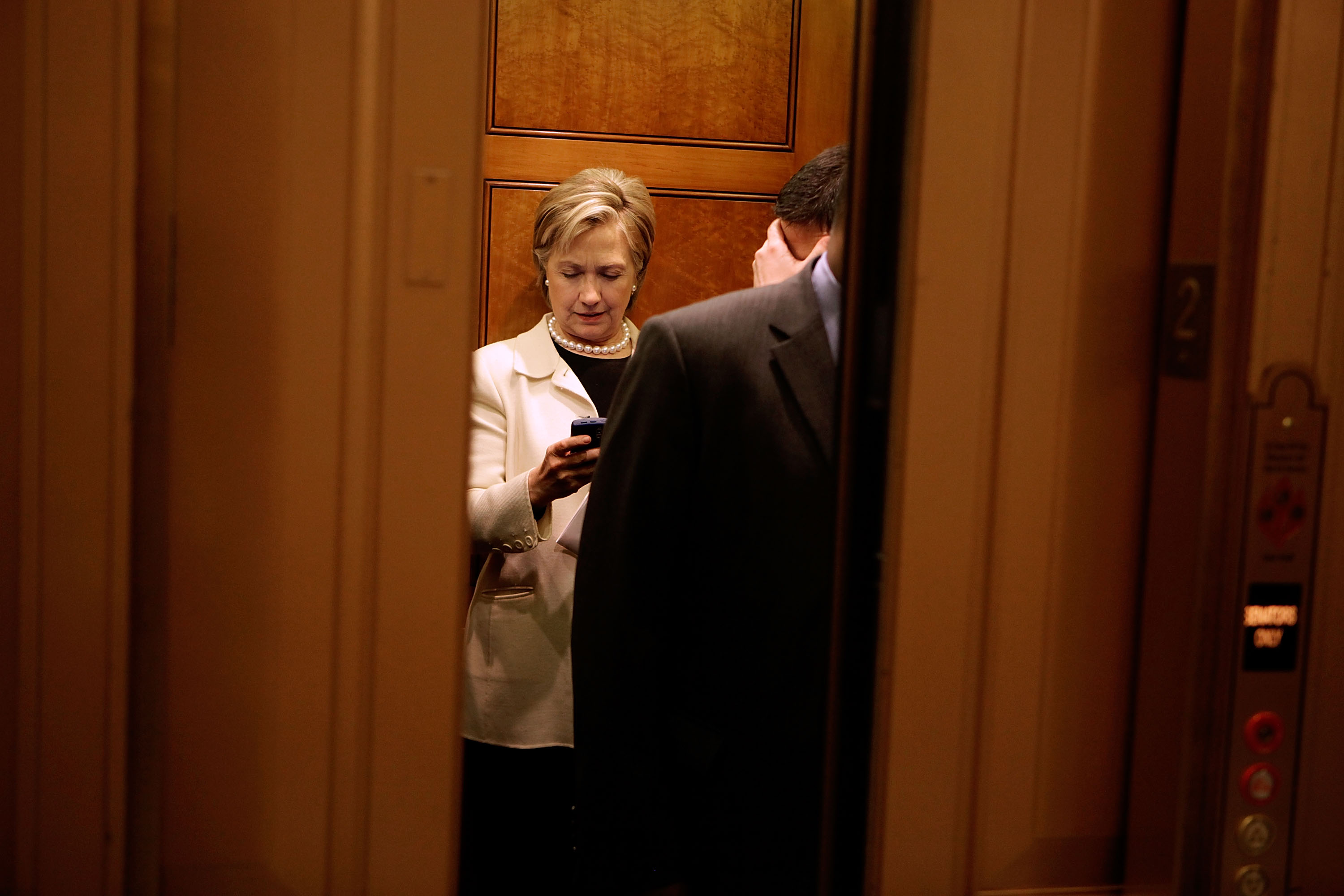
The FBI is scheduling interviews with Hillary Clinton's senior aides when she was secretary of state, signaling that the Justice Department's inquiries into Clinton's use of a private email server is "moving into its final phases," the Los Angeles Times reports. The FBI has reportedly concluded its background work and needs to speak with Clinton's inner circle, and perhaps Clinton herself, to figure out what the Clinton team was thinking. And while Clinton "faces little risk of being prosecuted," the Times reports, the email flap will "continue to dog Clinton's presidential campaign" and "could cause some political heartburn when the aides are questioned."
It turns out "Clinton's email problems began in her first days as secretary of state," The Washington Post reports in a long look at what, in fact, Clinton and her team appeared to be thinking. Clinton didn't use a desktop computer and wanted to continue using her BlackBerry, but the diplomatic security corps did not want her to use it in her secure office suite, known as Mahogany Row, out of concern that it could be hacked and used as a listening device, The Post said, citing Clinton's trove of released emails and dozens of interviews:
On Feb. 17, 2009, less than a month into Clinton's tenure, the issue came to a head. Department security, intelligence and technology specialists, along with five officials from the National Security Agency, gathered in a Mahogany Row conference room. They explained the risks to Cheryl Mills, Clinton's chief of staff, while also seeking "mitigation options" that would accommodate Clinton's wishes. "The issue here is one of personal comfort," one of the participants in that meeting, Donald Reid, the department's senior coordinator for security infrastructure, wrote afterward in an email that described Clinton's inner circle of advisers as "dedicated [BlackBerry] addicts." [The Washington Post]
In an email Reid sent five days before the meeting, he indicated that the NSA had signaled they would not set Clinton up with a secure "BlackBerry-like" device, because it would be expensive and "not too user friendly," adding: "Each time we asked the question 'What was the solution for POTUS?' we were politely told to shut up and color." You can read the entire deep dig into the origins of Clinton's email scandal at The Washington Post.
The Week
Escape your echo chamber. Get the facts behind the news, plus analysis from multiple perspectives.

Sign up for The Week's Free Newsletters
From our morning news briefing to a weekly Good News Newsletter, get the best of The Week delivered directly to your inbox.
From our morning news briefing to a weekly Good News Newsletter, get the best of The Week delivered directly to your inbox.
A free daily email with the biggest news stories of the day – and the best features from TheWeek.com
Peter has worked as a news and culture writer and editor at The Week since the site's launch in 2008. He covers politics, world affairs, religion and cultural currents. His journalism career began as a copy editor at a financial newswire and has included editorial positions at The New York Times Magazine, Facts on File, and Oregon State University.
-
 Trump’s ‘Board of Peace’ comes into confounding focus
Trump’s ‘Board of Peace’ comes into confounding focusIn the Spotlight What began as a plan to redevelop the Gaza Strip is quickly emerging as a new lever of global power for a president intent on upending the standing world order
-
 ‘It’s good for the animals, their humans — and the veterinarians themselves’
‘It’s good for the animals, their humans — and the veterinarians themselves’Instant Opinion Opinion, comment and editorials of the day
-
 The world is entering an era of ‘water bankruptcy’
The world is entering an era of ‘water bankruptcy’The explainer Water might soon be more valuable than gold
-
 The billionaires’ wealth tax: a catastrophe for California?
The billionaires’ wealth tax: a catastrophe for California?Talking Point Peter Thiel and Larry Page preparing to change state residency
-
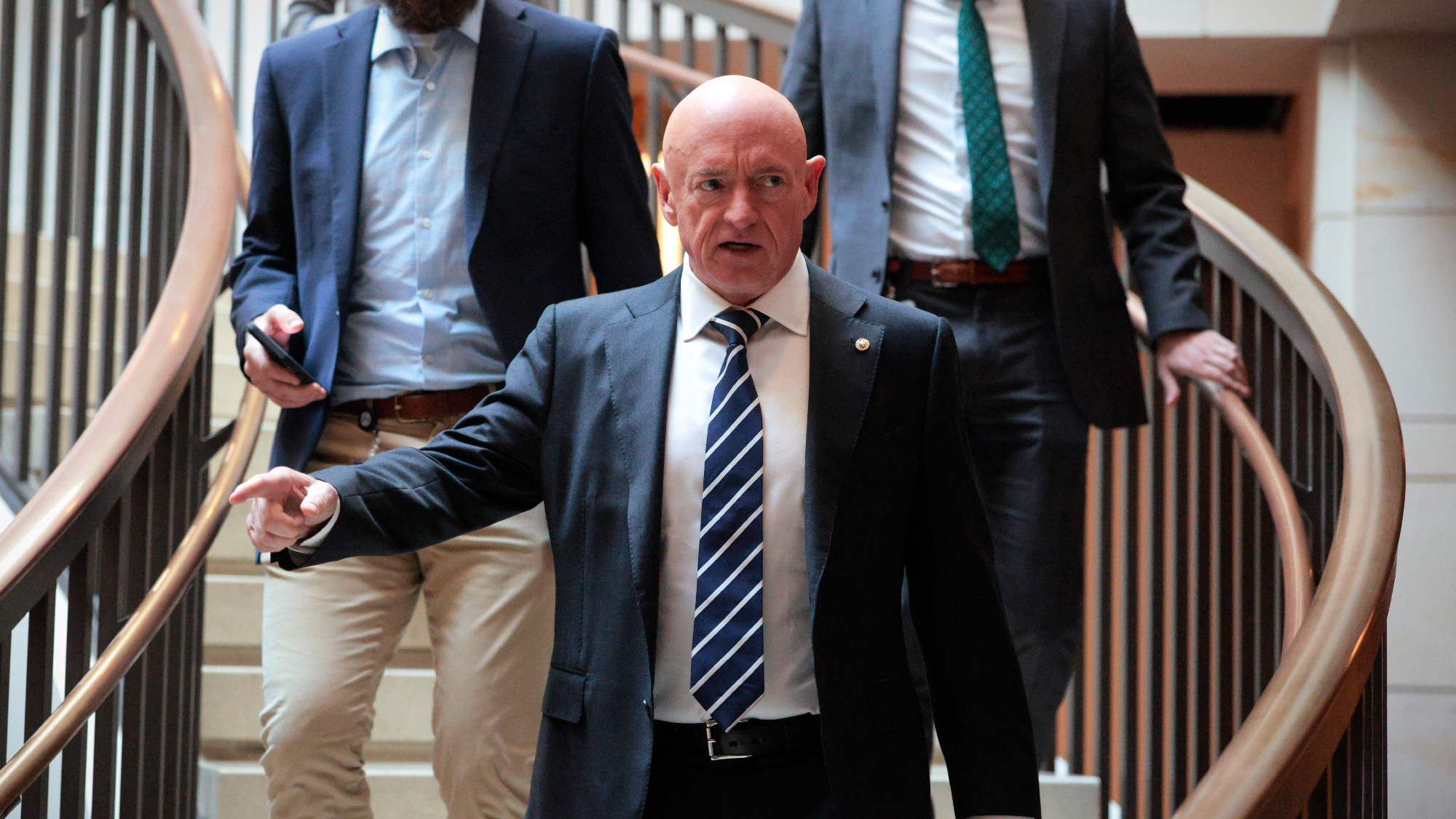 Hegseth moves to demote Sen. Kelly over video
Hegseth moves to demote Sen. Kelly over videospeed read Retired Navy fighter pilot Mark Kelly appeared in a video reminding military service members that they can ‘refuse illegal orders’
-
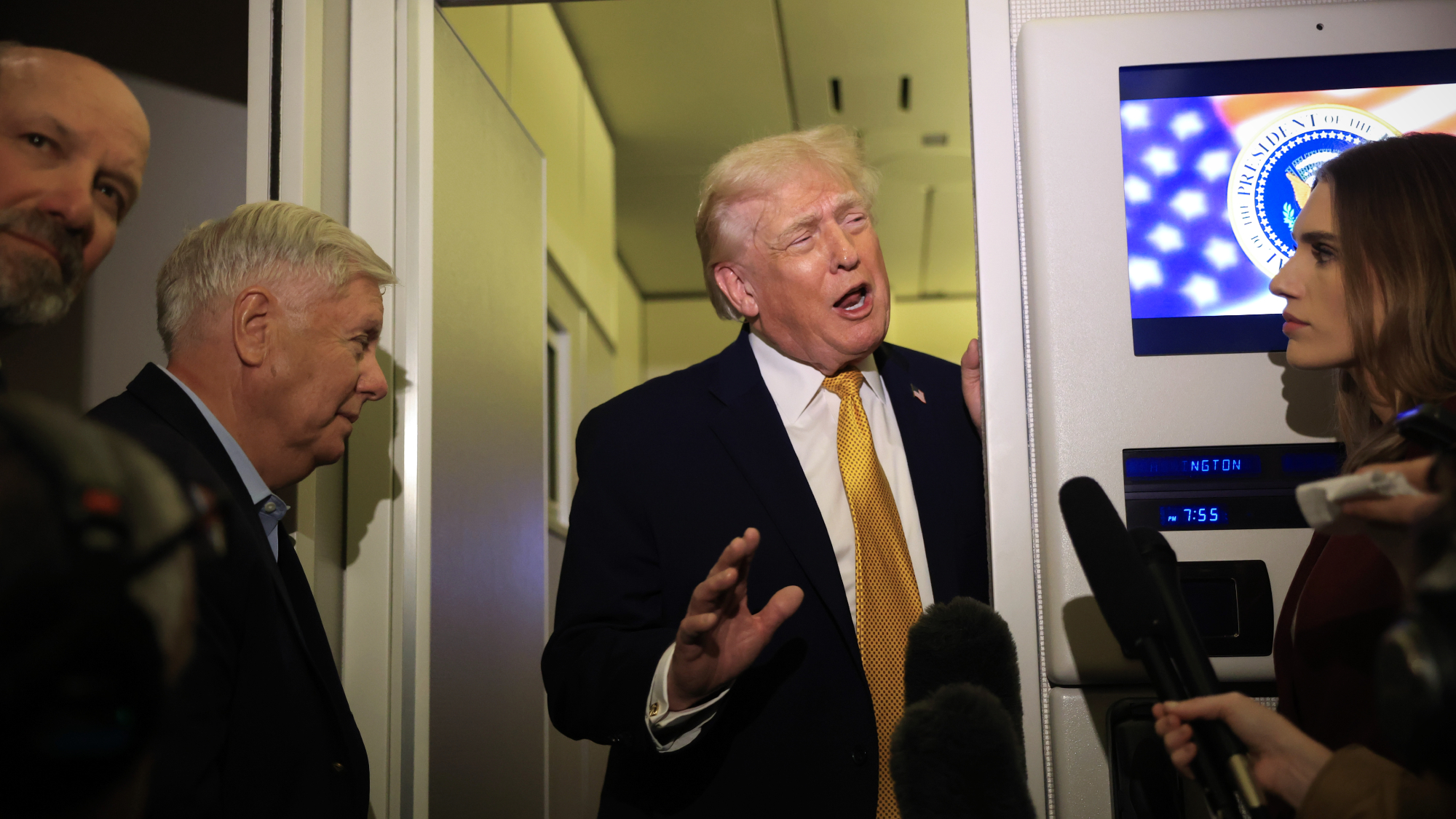 Trump says US ‘in charge’ of Venezuela after Maduro grab
Trump says US ‘in charge’ of Venezuela after Maduro grabSpeed Read The American president claims the US will ‘run’ Venezuela for an unspecified amount of time, contradicting a statement from Secretary of State Marco Rubio
-
 Bari Weiss’ ‘60 Minutes’ scandal is about more than one report
Bari Weiss’ ‘60 Minutes’ scandal is about more than one reportIN THE SPOTLIGHT By blocking an approved segment on a controversial prison holding US deportees in El Salvador, the editor-in-chief of CBS News has become the main story
-
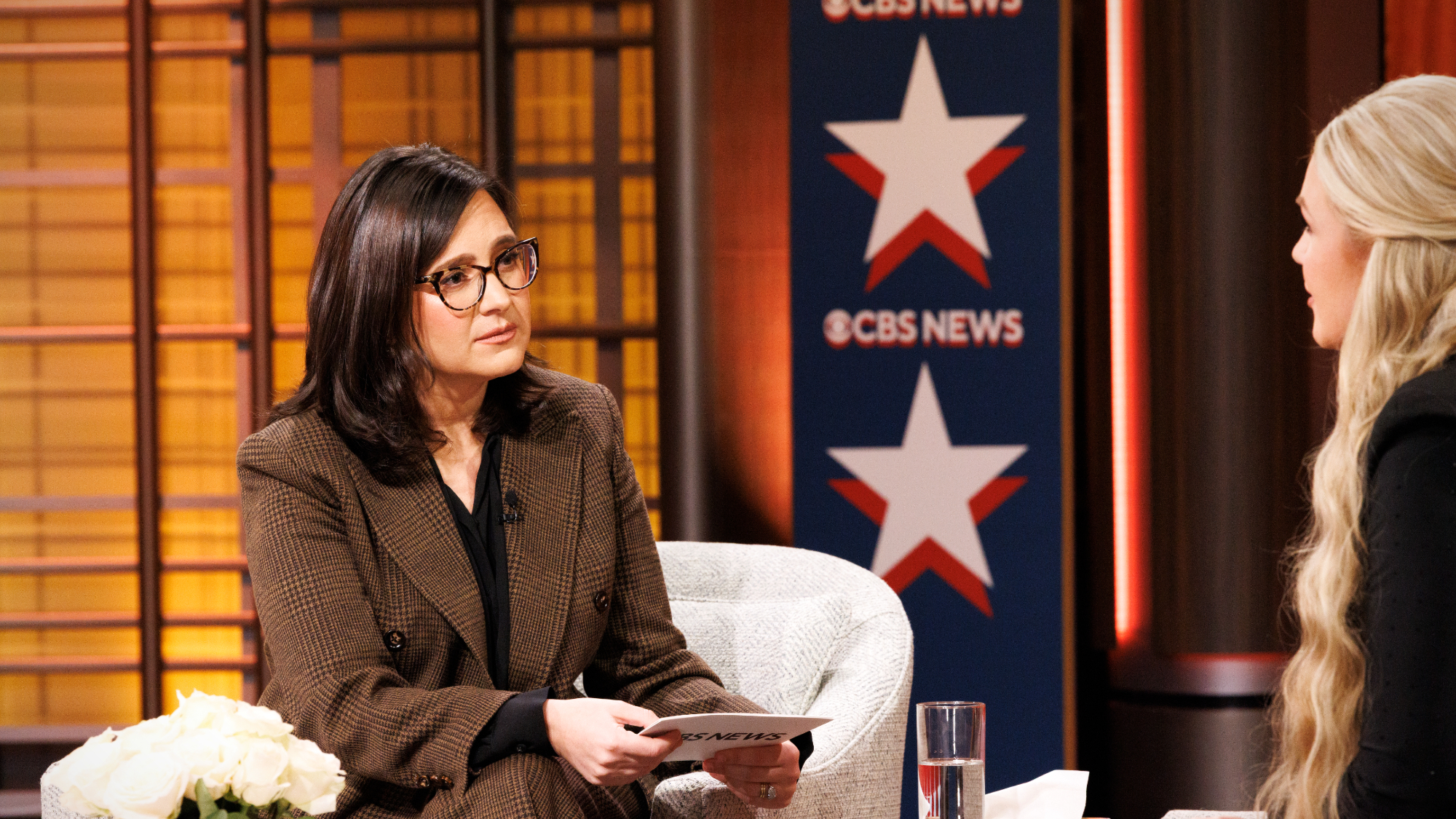 CBS pulls ‘60 Minutes’ report on Trump deportees
CBS pulls ‘60 Minutes’ report on Trump deporteesSpeed Read An investigation into the deportations of Venezuelan migrants to El Salvador’s notorious prison was scrapped
-
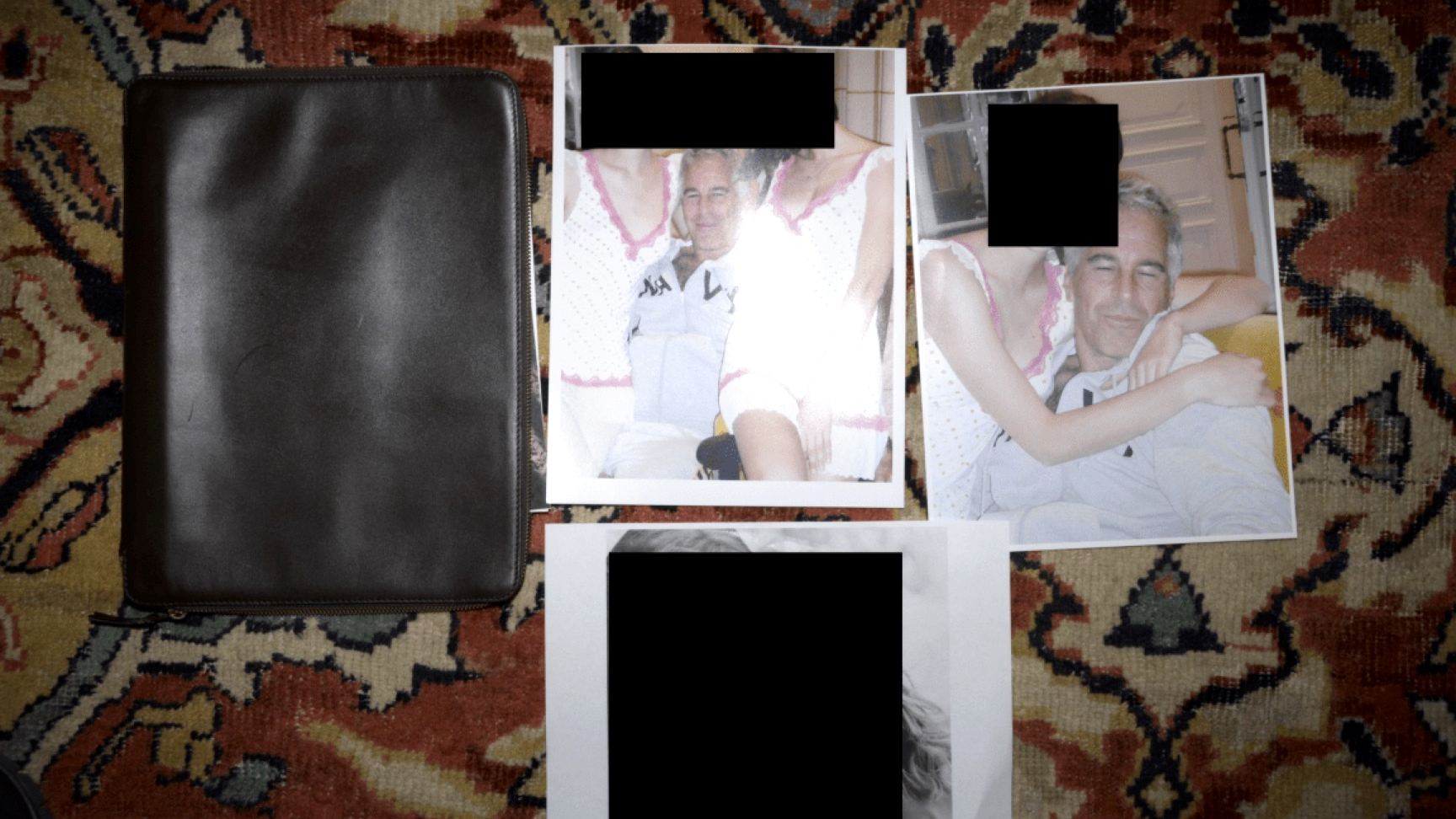 Trump administration posts sliver of Epstein files
Trump administration posts sliver of Epstein filesSpeed Read Many of the Justice Department documents were heavily redacted, though new photos of both Donald Trump and Bill Clinton emerged
-
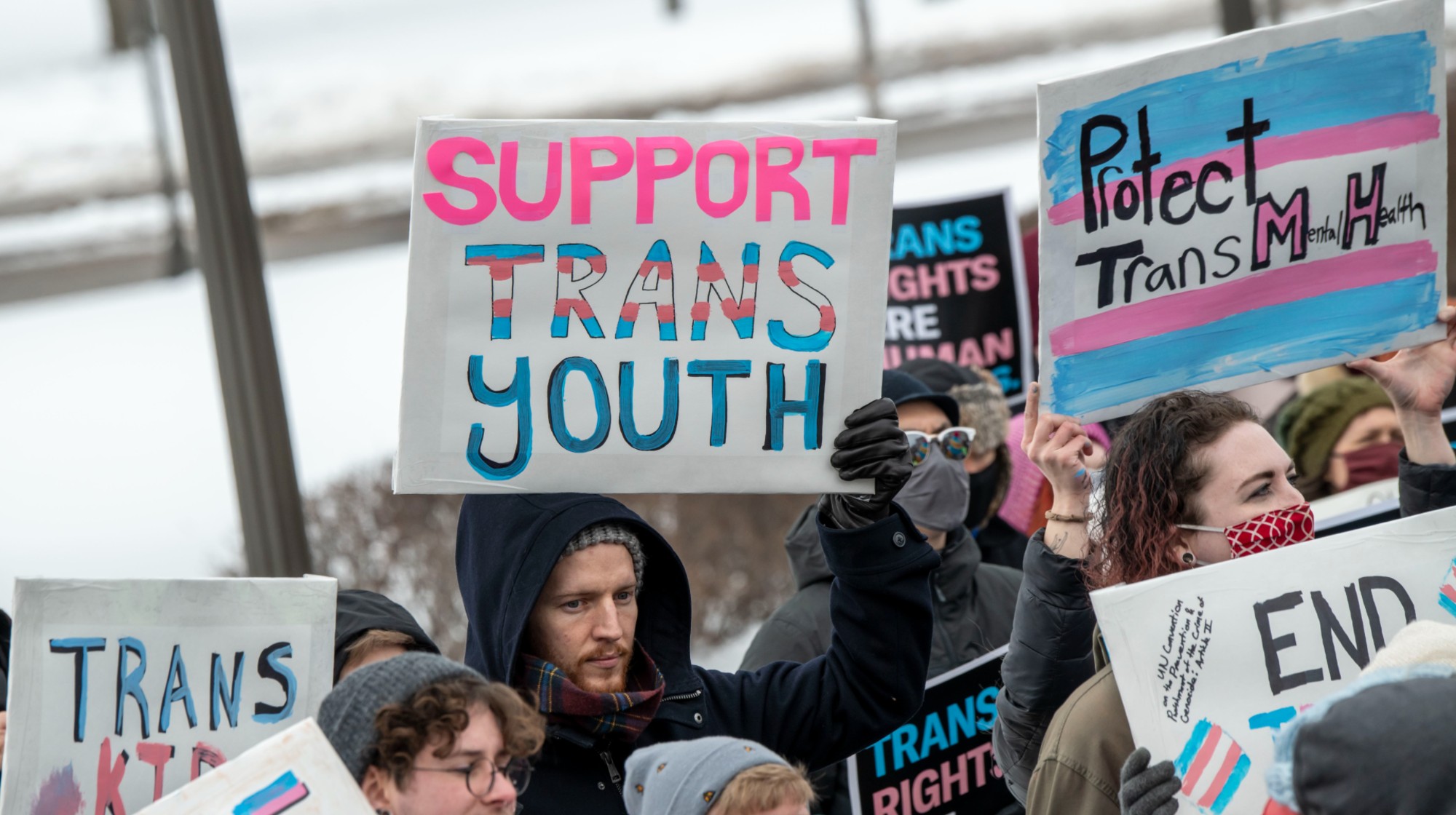 Trump HHS moves to end care for trans youth
Trump HHS moves to end care for trans youthSpeed Read The administration is making sweeping proposals that would eliminate gender-affirming care for Americans under age 18
-
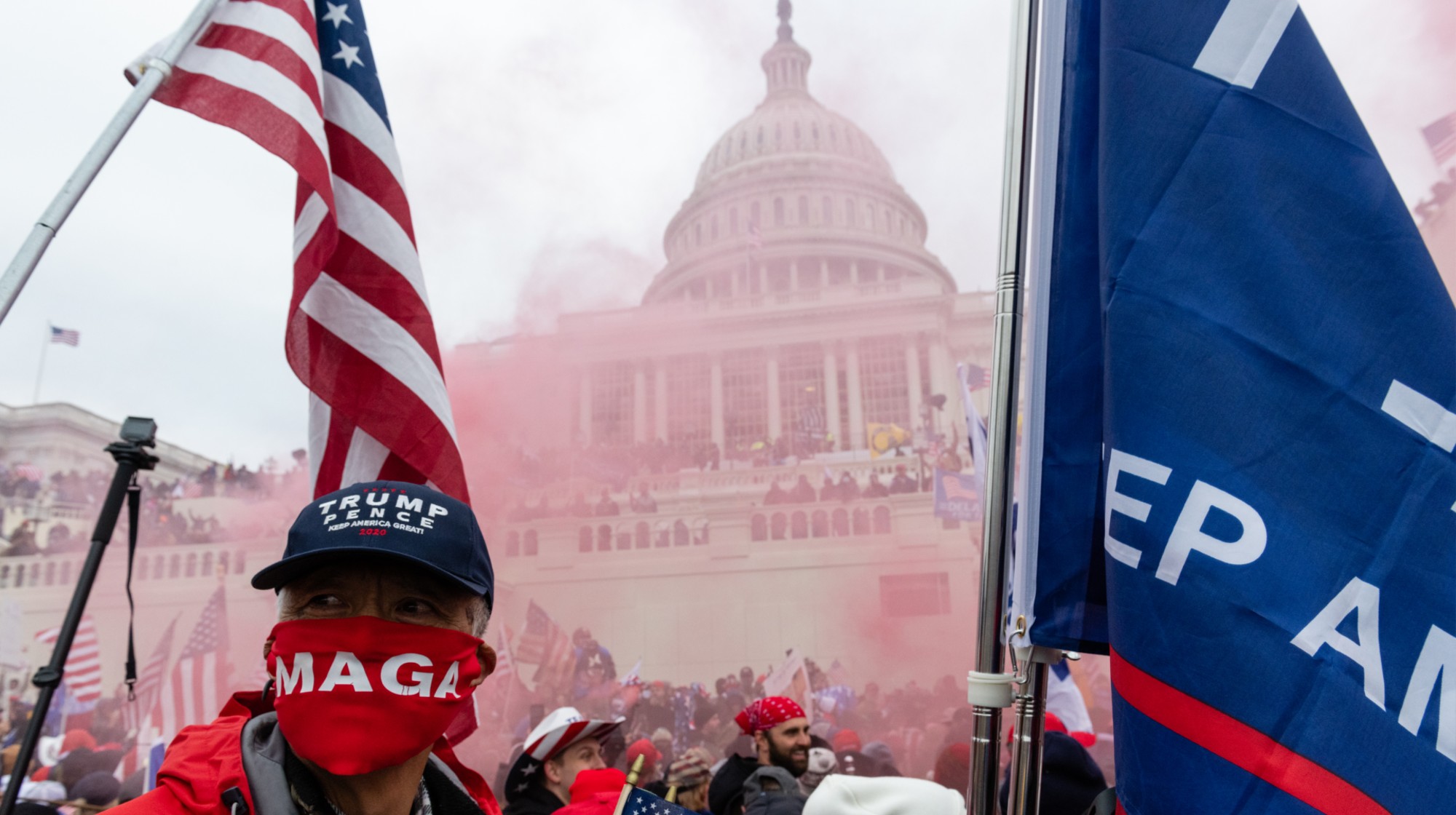 Jack Smith tells House of ‘proof’ of Trump’s crimes
Jack Smith tells House of ‘proof’ of Trump’s crimesSpeed Read President Donald Trump ‘engaged in a criminal scheme to overturn the results of the 2020 presidential election,’ hoarded classified documents and ‘repeatedly tried to obstruct justice’
